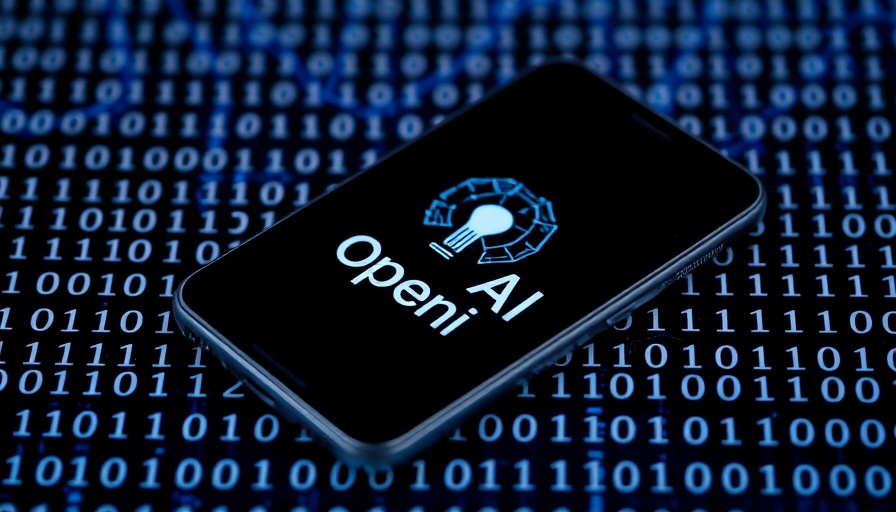
OpenAI and Microsoft’s Legal Battle: What It Means for the Future of Copyright
A Manhattan judge has decided that the ongoing lawsuit between The Daily News and tech giants OpenAI and Microsoft will proceed, rejecting most motions to dismiss brought by these companies. The suit centers around allegations that OpenAI and Microsoft utilized copyrighted news stories without permission to train their AI products, most notably ChatGPT. This ruling preserves crucial elements of the lawsuit, showcasing a pivotal moment in the intersection of journalism and technology.
The Accusations: What Are the Implications?
The crux of the lawsuit lays bare serious concerns about the appropriation of journalistic work. The Daily News, along with its affiliates and the New York Times, accuses the tech firms of infringing copyright by using their stories to enhance AI capabilities. As Steven Lieberman, the lawyer representing these news organizations, articulated, they believe that OpenAI and Microsoft are taking advantage of the hard work put into local journalism without acknowledging or compensating the creators whose work feeds their AI tools.
Understanding the Fair Use Defense
OpenAI and Microsoft have defended their actions by aligning them with the fair use doctrine, which permits the use of copyrighted material under specific circumstances. Their argument hinges on the assertion that employing these resources for educational or innovative purposes qualifies as fair use. However, the implications of such a defense raise critical questions about the sustainability of this legal precedent and the respect for creative rights in an increasingly automated world.
The Wider Context: Journalism Under Threat
This lawsuit is not simply about one newspaper; it represents a broader struggle for the survival of the journalistic industry, particularly in the face of consolidating technology power. As Frank Pine, executive editor at MediaNews Group, emphasized: "The court denied the majority of the dismissal motions... This decision echoes a broader sentiment that the lifeblood of local journalism is being threatened. If technology companies presume to use content without fair compensation, it jeopardizes not just business models, but the future of free press itself."
Resilience in Journalism
The ruling has been celebrated as a significant victory by news organizations, reinforcing their commitment to protecting their intellectual property. With consumer trust in media already wavering, the outcome of this case could serve as a bellwether for how local and national media manage to adapt to an era increasingly dominated by AI-driven narratives.
What Lies Ahead: Predictions for the Legal Landscape
The legal proceedings following this ruling will be closely monitored by both the journalism and tech communities, as they strive to determine where the lines are drawn in terms of copyright and fair use concerning AI training. Future developments will be crucial in establishing precedents that could impact media companies, tech startups, and large corporations alike.
Conclusion: Demand for Fairness in the Age of AI
As this trial unfolds, it introduces critical discussions about intellectual rights, the role of AI in content creation, and the ethical responsibilities of tech companies. While this ruling marks a considerable step in favor of traditional journalism, the outcome could also influence how AI technologies evolve and operate in society. Stakeholders from various sectors will need to consider the ramifications of these developments and advocate for a future where innovation and respect for creators go hand in hand.
 Add Row
Add Row  Add
Add 




 Add Row
Add Row  Add
Add 

Write A Comment